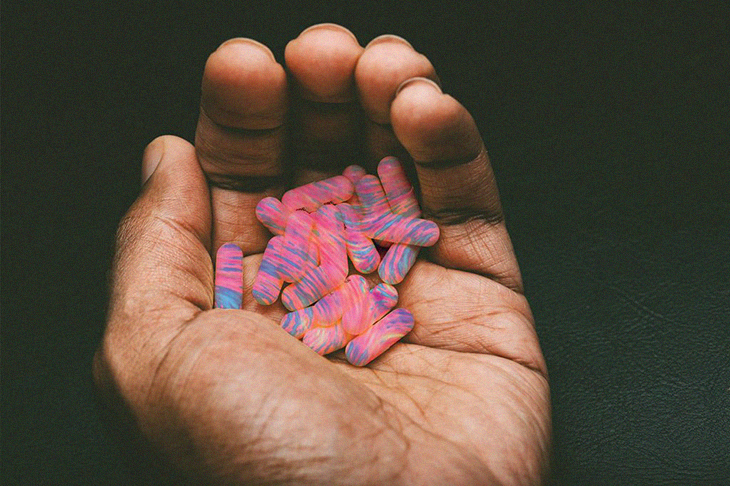
Some psychedelic compounds – including cannabis, cocaine, ibogaine, psilocybin, and lysergic acid diethylamide (LSD) – were once touted for their medical benefits. Similarly, many medically beneficial drugs like oxycodone, Xanax and Vicodin, are susceptible to addiction. In the 1970s, the Controlled Substances Act placed many potentially valuable compounds in its Schedule 1 category, labeling them as devoid of medical purpose and restricting research. Now, researchers are re-examining how non-hallucinogenic versions of some psychedelic compounds like ibogaine may provide medical benefits suitable for treating addiction and depression.
What Is Ibogaine?
Ibogaine is a psychedelic alkaloid compound that occurs naturally in a shrub found in the West African rainforest, Tabernanthe iboga. In the past, ibogaine had been subject to numerous preclinical studies that revealed its potential to reduce drug cravings, limit withdrawal symptoms, and increase the chances of successful recovery from alcohol and opioid addiction. Researchers attributed these positive qualities to ibogaine’s potential to aid in neuronal growth and strengthen the connections between neurons.
Unfortunately, naturally occurring ibogaine also has some undesirable qualities that prevent further research. Ibogaine is a psychedelic, meaning that it causes hallucinations at the doses necessary to provide the above-mentioned therapeutic response. In addition, ibogaine also causes dangerously increased heart rate and can act as a neurotoxin.
So, what do we do with the positive side effects?
Synthetic Ibogaine Leads to New Discoveries
Modern researchers posited that if they could produce a synthetic, non-hallucinogenic version of ibogainewithout its negative qualities, the drug could provide real therapeutic potential for depression and addiction. To determine which portions of the compound’s structure were responsible for the hallucinogenic and therapeutic effects, researchers deleted structural elements one by one and studied the resulting compound’s effects on cultured neurons. Through lead discovery, the team identified one structural element – a tetrahydro azepine ring – that promoted neuron growth and strengthening.
Researchers initially intended to create a synthetic ibogaine analogue with the tetrahydro azepine ring without neurotoxic properties. In doing so, they discovered a new compound known as tabernanthalog or TBG. Compared to synthetic ibogaine, TBG has an even lower hallucinogenic potential. In fact, it caused almost no twitching behavior in mice and has shown to cause less cardiac toxicity in zebrafish.
Therapeutic Potential
Researchers found that TBG acted to block some of the same signaling pathways as ketamine, another fast-acting antidepressant that promotes neuronal plasticity. Researchers exposed mice to a series of unexpected stressors, then tested the ability of TBG to reduce mouse immobility during a rapid swim test – a test used to indicate antidepressant compounds. TBG showed rapidly-acting antidepressant effects on the mice in the study, which suggests that it could reduce depression in humans.
Similarly, when mice were exposed to alcohol or opioid addiction and then experienced forced withdrawal, the results showed promise. After withdrawal, the mice were given a choice to choose addictive compounds or water. The mice that were given TBG treatment were able to reduce their consumption of addictive compounds more rapidly than other mice. This evidence suggests that TBG may be just as effective or more effective than other known anti-addiction drugs. Further, mice exposed to heroin addiction were able to avoid relapsing after a single treatment, even when subjected to 14 days of withdrawal.
Future Implications
While research regarding TBG, synthetic ibogaine, and other forms of synthetic psychedelics is still in the early stages, the current work has provided a positive foundation upon which researchers hope to build insights into how these compounds may be able to help humans. The results could offer new ways to help individuals suffering from depression and addiction.
Resources:
https://www.nature.com/articles/d41586-020-03404-z
https://www.dea.gov/drug-scheduling
https://www.nature.com/articles/s41586-020-3008-z


